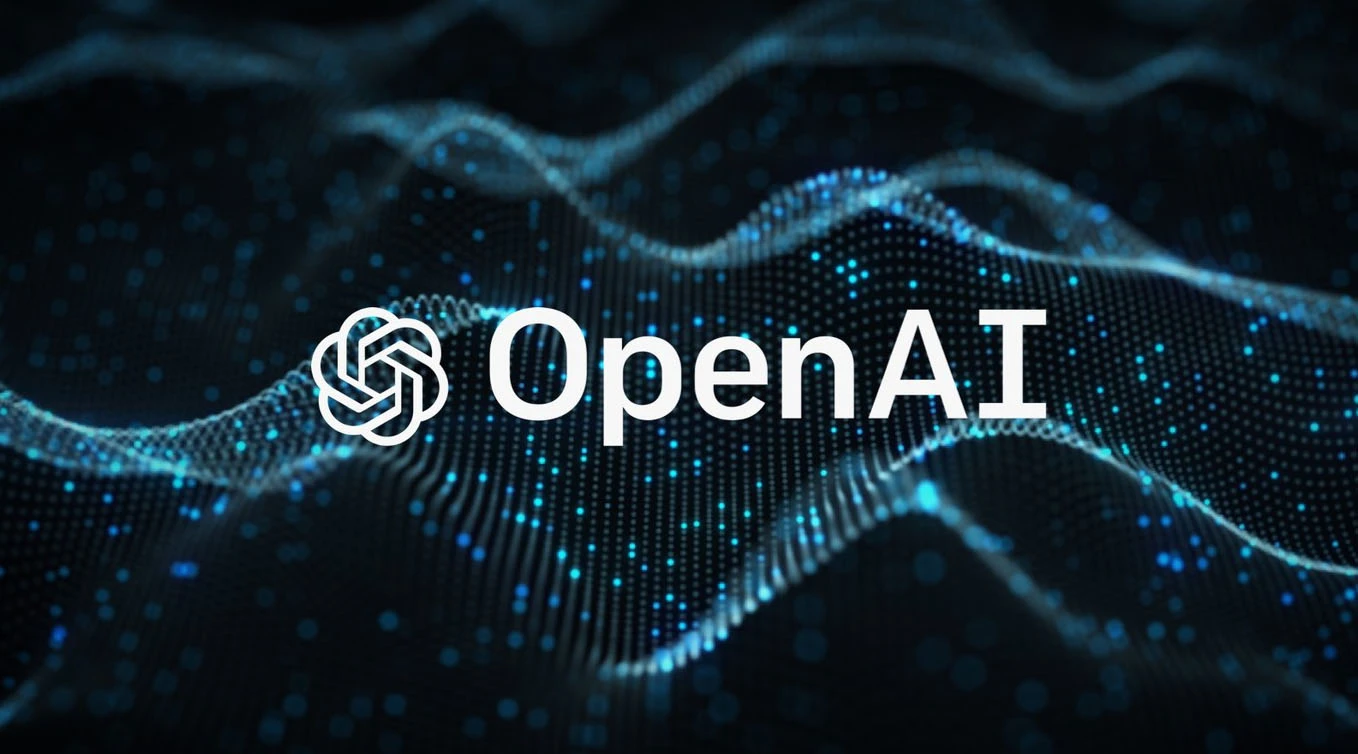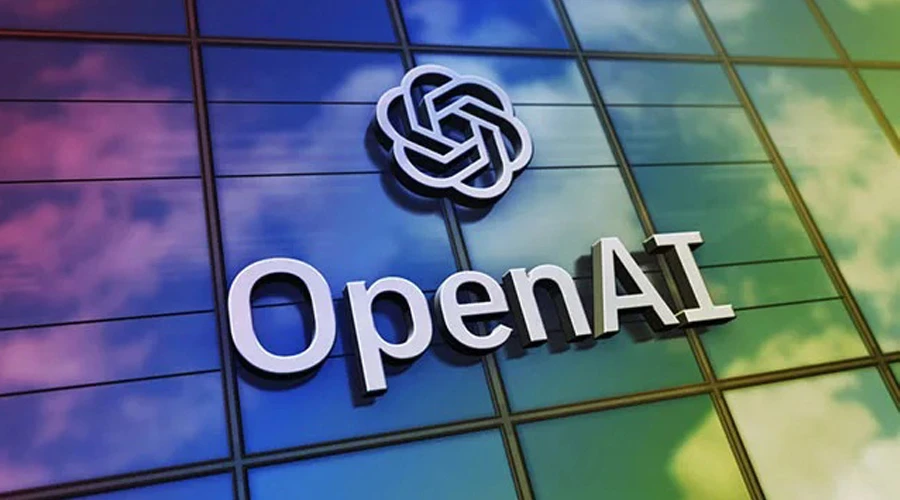OpenAI is reportedly working on an innovative new project known as Voice Engine AI — an advanced voice synthesis model capable of replicating human voices with extraordinary accuracy using as little as 15 seconds of audio.
If launched, this groundbreaking technology could transform industries from customer service and content creation to assistive technologies — while simultaneously igniting major debates around deepfakes, privacy, and AI ethics.
What Is OpenAI’s Voice Engine AI?
Voice Engine is designed to create synthetic voices that sound almost indistinguishable from real human speech. Based on early reports:
It requires only 15 seconds of sample audio to accurately reproduce a person’s voice.
It can mimic tone, pitch, speaking style, and emotional nuance.
It’s optimized for multilingual and accent-specific replication.
The project draws on advancements from OpenAI’s previous work with text-to-speech systems and multimodal AI models, including technologies behind ChatGPT and Sora.
Potential Applications for Voice Engine AI
The ability to quickly and accurately synthesize human voices could unlock numerous practical uses:
Assistive Technology: Helping individuals with speech impairments regain their natural voices.
Entertainment and Media: Voiceovers for films, games, and animation without lengthy recording sessions.
Customer Support: Creating virtual agents that sound human and empathetic.
Education: Producing personalized audio content and tutoring tools in different voices and accents.
Ethical Concerns and Privacy Risks
Despite its massive potential, Voice Engine AI also brings serious ethical challenges:
Deepfake Risks: The technology could be misused to create convincing fake audio clips for fraud or misinformation.
Consent Issues: Voices could be replicated without a person’s knowledge or permission.
Regulatory Gaps: Existing laws may not adequately cover synthetic voice misuse.
OpenAI has reportedly begun internal discussions around strict deployment guidelines and safeguards to prevent abuse, similar to the company’s cautious rollout of previous models like GPT-4.
Why Voice Engine Could Be a Game-Changer
As AI-generated media becomes increasingly realistic, OpenAI Voice Engine AI could:
Revolutionize human-computer interaction by making AI assistants sound completely natural.
Expand accessibility options for people with disabilities.
Blur the lines between real and synthetic media, forcing urgent conversations around AI ethics and digital trust.
This innovation places OpenAI once again at the center of the next phase of AI evolution, alongside major initiatives in generative audio, video, and multimodal AI.
Key Takeaways:
OpenAI is developing Voice Engine AI, capable of mimicking human voices with 15 seconds of audio.
The technology could impact assistive tech, entertainment, education, and customer service.
Serious concerns exist about deepfakes, privacy, and AI misuse.
OpenAI is working on responsible deployment frameworks for this sensitive technology.
- All Posts
- AI Updates
- Apple
- Games
- Latest
- Movies
- Tech Stocks
- Upcoming Devices

OpenAI’s ChatGPT introduces a powerful AI shopping upgrade, offering personalized, budget-aware product recommendations for smarter online shopping.

Find out which popular gadgets and software are losing support in 2025, including Windows 10, Skype, and Google Nest—plus what...

Discover how ChatGPT's latest AI upgrade revolutionizes online shopping by offering smarter, budget-aware product recommendations and interactive assistance.

Former President Donald Trump expresses openness to further delaying the TikTok ban, citing a personal fondness for the app and...

Meta and Microsoft announce major increases in AI data center investments, driving demand for Nvidia chips and signaling continued growth...

Nvidia shares climb over 4% as Meta and Microsoft announce major AI data center spending increases, signaling strong demand for...


